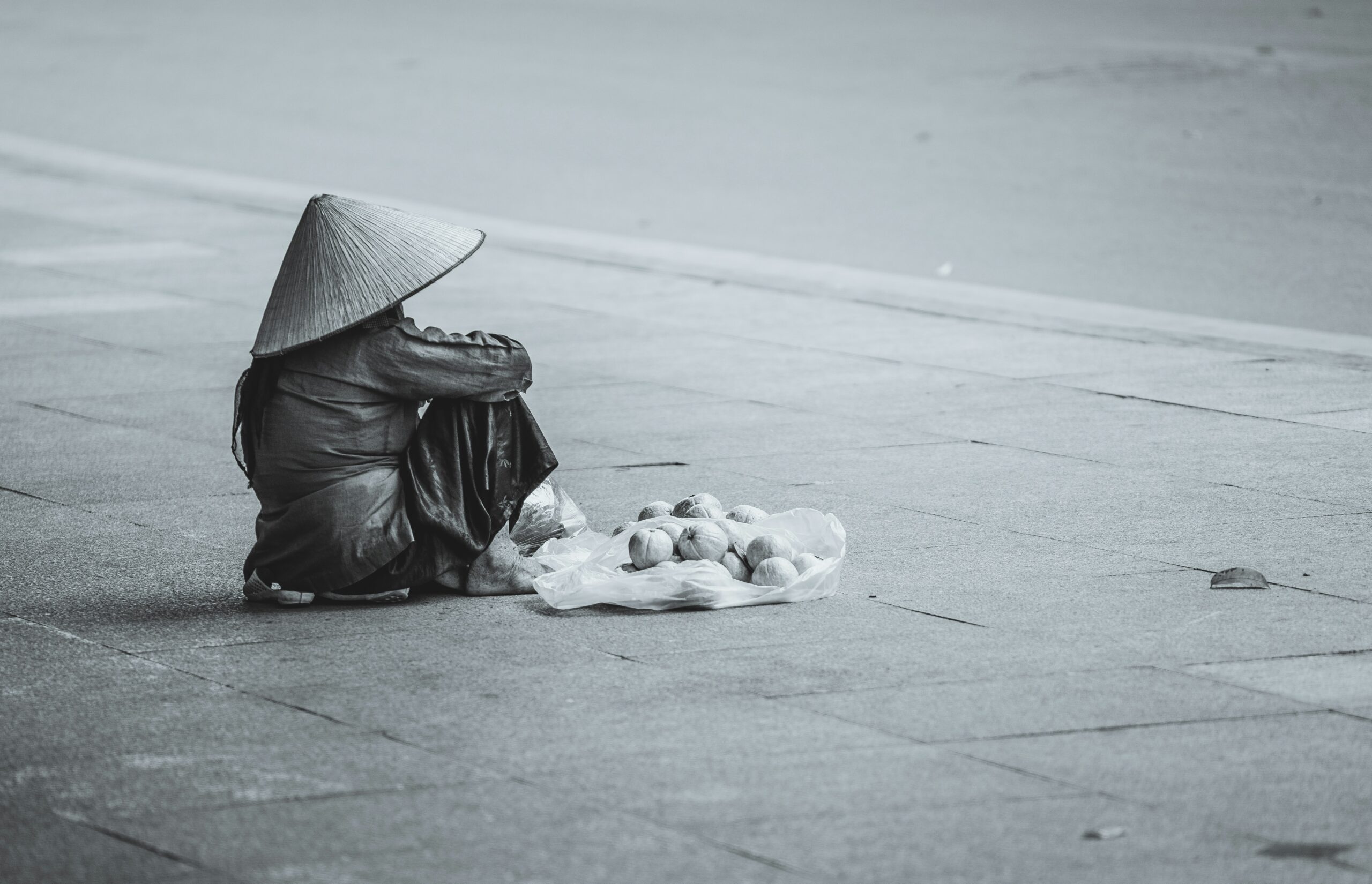New Approaches to Economy and Society Workshop, 2024

Call for Papers:
The New Political Economy Initiative, IIT Bombay in association with IIT Mandi and IISER Mohali invite submission of original papers from the early and mid-career scholars to participate and deliberate on the aspects of economic and social lives that are being reshaped in contemporary times in India and the Global South. The main objective of this workshop is to critically think of an alternative to contemporary political economic discourses and systems which relies that free market mechanisms and/or state-welfarism are the best ways to achieve human goals. Challenging this academic and political ‘common-sense’, this workshop brings economic pursuits of the people at center-stage. Preferably, this can be called Popular Political Economy (henceforth PPE). The need for PPE emerges as the dominant perspectives hardly take into account the non-economic reasons, factors and institutions through which people achieve their economic life. It is also discomforting as (non)economic activities hardly correspond with fictitious characterization of homo economicus. The idea of homo politicus, which contests homo economicus, also fails to touch upon the economic lives of people. The prevailing political economic approaches and debates mostly resort to failure of execution proving (in)efficiency of the state and the market rather than their own conceptions. They simply neglect the idea of sufficiency, a perennial human concern. Further to these, the debates of embeddedness/disembeddedness of economy with society requires critical deliberations. Perhaps, everyday ease, continuous income, secure employment, ability to sail through impending hardships, aspirations to move up in social and economic hierarchy, and a desire to achieve a secure and decent life are the driving forces behind economic activities. PPE is also sensitive to the social and political economic contexts in which people achieve economic life utilizing various means such as calculability, social ties, individual and social capital, networks, channels and so on. The recognition of these diagnostic points are necessary for understanding, exploring and framing PPE as an alternative. It does not only require a multidimensional approach that encompasses the interplay between politics, economics, social and institutional dynamics but also new methods, conjectures, ideas, logics that answer existing debates. In doing so, the workshop accords centrality to human concerns, motivations, desires and methods and asks scholars to explore strategies, institutional arrangements, forms of agencies, practices and norms through which people organize and achieve their economic life. Attending these social and economic aspects and proposing an alternative to existing political economic frameworks, the scholars are suggested to think through, however not limited to, the following questions:
- How do existing political economic prescriptions and mechanisms challenge social and economic life of people, especially marginalized and non-elite middle classes?
- How do non-economic factors and institutions shape access to economic opportunities and political power?
- What role do informal and patronage networks play in the economy and how do they shape the political economy?
- How could precarity and uncertainty associated with informal sectors, new forms of enterprises, and technology induced market economy and systems be addressed?
- What role can one assign to the market and the State in the PPE perspective– regulatory, entrepreneurial, protective?
- How will the PPE control/regulate ‘passions of uncontrolled accumulation’ without infringing upon the individual freedom to private property?
- How shall the PPE re-embed the economy (if it has ever been disembedded) with social and political institutions?
We are especially interested in submissions that employ ethnographic methods to unpack economic phenomena, but are open to works that are primarily quantitative or theoretical.
To apply, please submit an extended abstract of 800–1000 words that details your research question, methods, and preliminary findings through the application button on the top of this page. Domestic travel and accommodation for shortlisted participants will be funded by the organisers.
Important dates
- Submission of Abstract: 5 October 2023
- Intimation to contributors: 15 October 2023
- Submission of draft paper: 15 January 2024
- Reviews on draft papers: 25 February 2024
- Submission of final draft: 30 March 2024
- Date of workshop: 20 – 21 April 2024
Convenors for the 2024 edition
Debdulal Saha, IISER Mohali
Surya Prakash Upadhyay, IIT Mandi
The content of this workshop will be soon be published as a special issue for theJournal of South Asian Development edited by the convenors of the workshop.